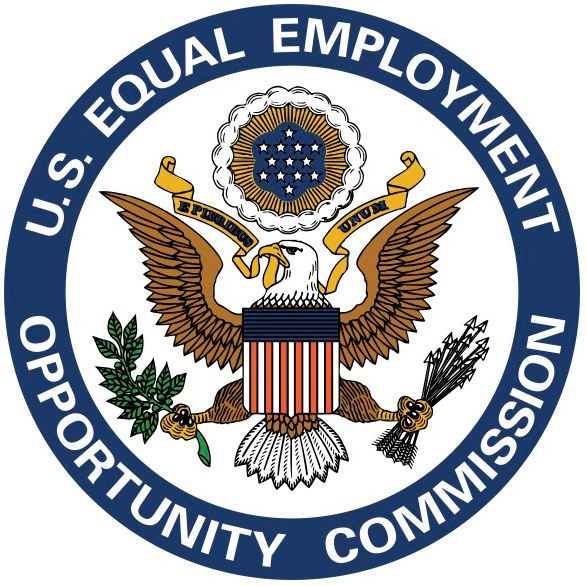7.20.22
By Jennifer Jacobus, PHRca, SDEA Director of HR Services
With summer in full swing, new college graduates may be looking for some work experience in their field of study. Proceed carefully when deciding to use unpaid interns. Not all internships are unpaid and most interns are considered employees in the eyes of the law. Always consult with counsel or an experienced HR professional when using interns.

The California Division of Labor Standards Enforcement (DLSE) issued an opinion letter providing clarification and guidance on when an intern is truly an intern and not an employee. In its opinion letter, the DLSE decided to apply the DOL’s six-factor test to evaluate a specific internship program.
“Intern” is a loosely used term, but for a worker to qualify for an unpaid internship, the criteria below must be used in analyzing the position.
The six-factor test used by both the DOL and the DLSE is as follows:
- The training, even though it includes actual operation of the employer’s facilities, is similar to that which would be given in a vocational school
- The training is for the benefit of the trainees or students
- The trainees or students do not displace regular employees, but work under close observation
- The employer derives no immediate advantage from the activities of trainees or students, and, on occasion, the employer’s operations may be actually impeded
- The trainees or students are not necessarily entitled to a job at the conclusion of the training period
- The employer and the trainees or students understand that the trainees or students are not entitled to wages for the time spent in training
If you have unpaid “interns” working for you, make sure you use specific criteria to define the work that the interns do and that you follow applicable legal requirements. Most “interns” will be considered employees under state and federal law, and you will need to comply with wage and hour laws, including paying them at least minimum wage.
Sample Litigation: A federal court ruled that two unpaid production interns on the set of the movie Black Swan actually “worked as paid employees” and that Fox Searchlight misclassified them as unpaid interns. The case is as a strong caution for employers about using interns. Other unpaid interns in the entertainment industry have filed similar lawsuits recently.
The lawsuit was filed, by two individuals who claimed that they were employees, not interns, and covered by both the State and federal wage and hour laws. The workers performed a variety of tasks, including: preparing coffee for the production office; ensuring that the coffee pot was full; taking and distributing lunch orders for the production staff; taking out the trash and cleaning the office; preparing documents for purchase orders and petty cash; traveling to the set to obtain signatures on needed documents; and creating spreadsheets to track missing documents in each production employee’s personnel file.
The court ruled that the workers were not bona fide interns, but employees performing the same types of tasks that paid production assistants performed. Applying the six-factor test, the court found that:
- The workers did not receive any formal training or education during the internship
- There was no internship experience structured to benefit them. Although the two production workers received some benefits, such as resume listings, job references and an understanding of how a production office works, these benefits were the same as any other employee would obtain and were not the result of an internship intentionally structured for their benefit
- The workers performed basic “routine” tasks that would have been performed by regular employees, such as filing, taking lunch orders, removing garbage and running errands
- Searchlight received an immediate advantage from the intern’s work: “Menial as it was, their work was essential,” the court said, and Searchlight would have had to pay others to do it
- The interns did not appear to be entitled to a job at the end of the internship
- Although the interns understood they would not be paid, the court noted that this factor was basically irrelevant since employees are not allowed to waive their entitlement to wages under the law
California’s FEHA amendments makes it explicit that unpaid interns are entitled to protection against harassment and discrimination and have religious protection and religious accommodation requirements.
The Wage and Hour division has indicated that a university or college student who participates in an extracurricular activity primarily for their own benefit will not be considered an employee because of such activities; if the activity is in alignment with the six factors given above.
If you need help in deciphering your interns, give SDEA a call, 858-505-0024. Remember, we are here WITH you.




